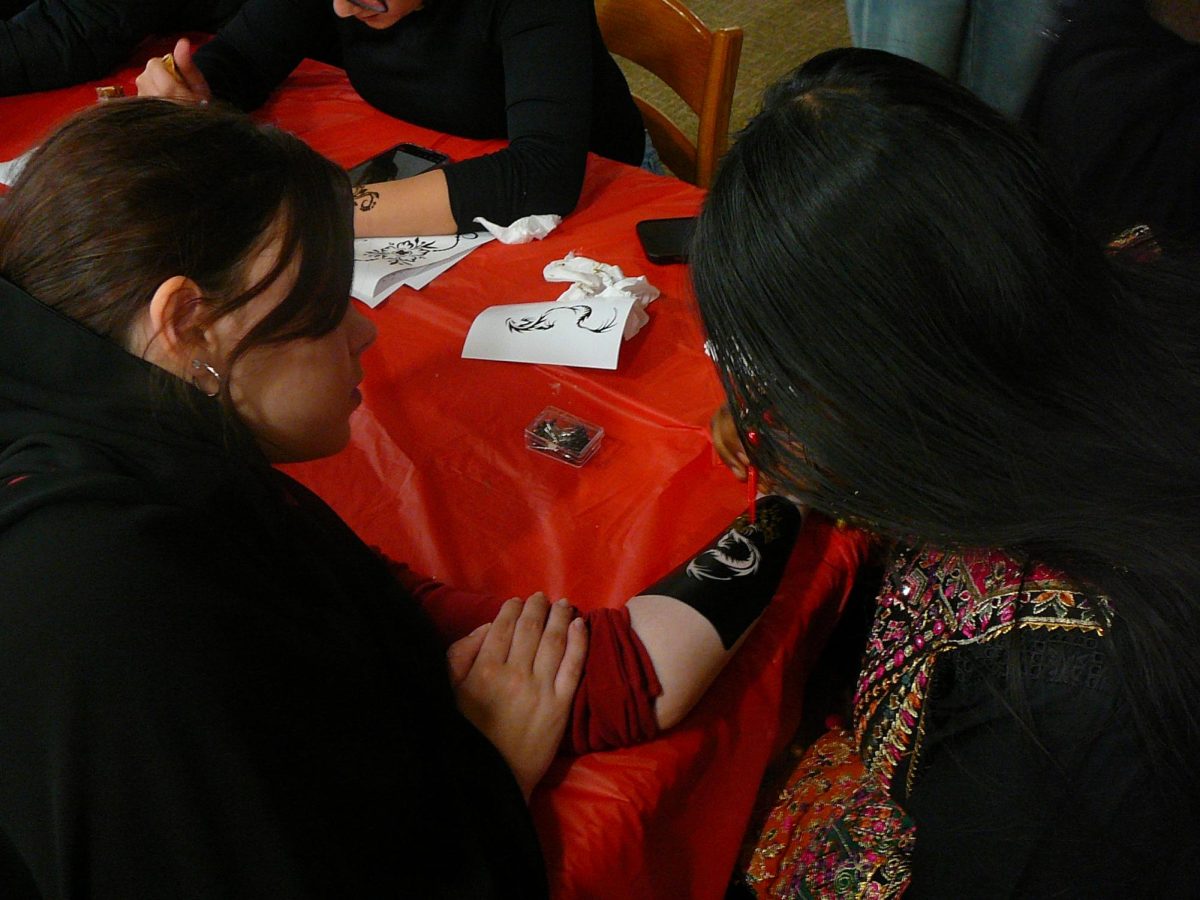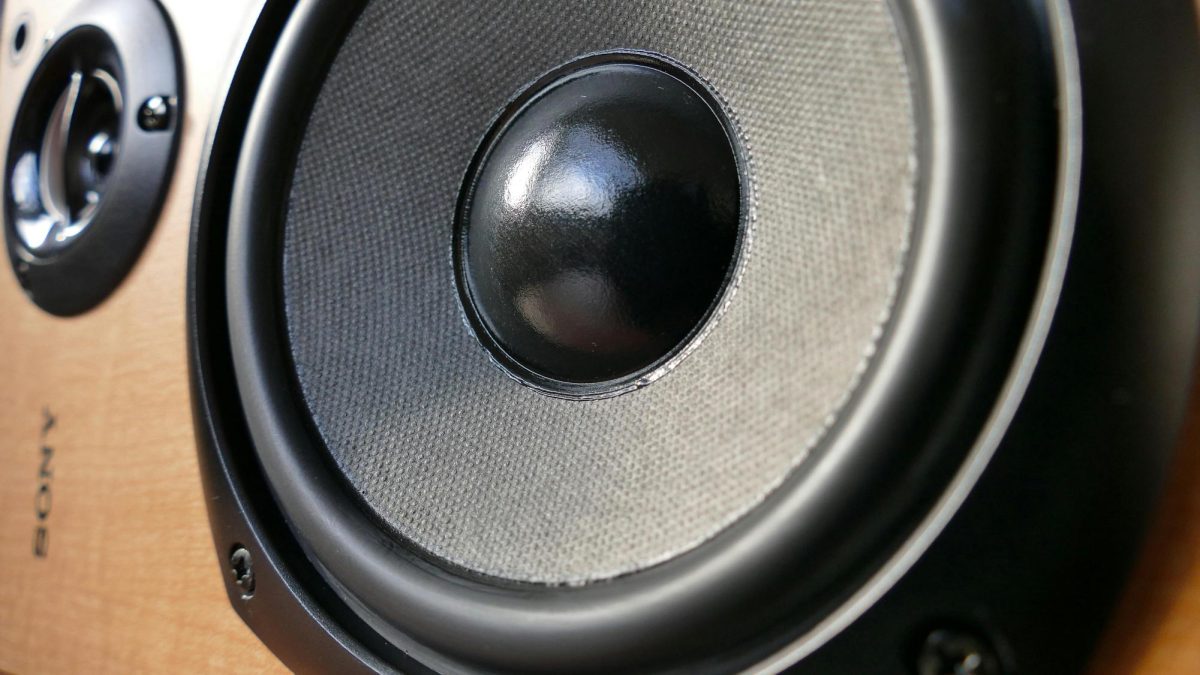April is National Stress Awareness Month
Students share their experiences with stress
May 2, 2017
How do high school students balance jobs, sports, an above-average GPA, and a social life, while staying healthy with basic needs like sleep and food?
Psychology teacher Jessica Murphy undersands all too well the.stress of high school and the consequences it can have.
“Acute and chronic stress can degrade memory functioning, making it more difficult to remember simple things,” Murphy said. “It keeps the body in a state of fight or flight that means the release of cortisol and adrenaline. Stress also lowers the body’s ability to fight off disease and impacts mood. Finally, a lot of small stressors have a cumulative effect, so more stress equals more problems.”
Murphy did explain, however, that not all stress is bad. “It may help you tune out distractions and fixate on the task at hand.”
However, she believes that stress is dangerously increasing.
“Teens are very overstressed,” Murphy said. “They are required to be great students, athletes, musicians/artists, to volunteer, join clubs, get a job and more. We are asking teens to appear to be the complete package and they are becoming burned out or are massively sleep deprived. This is often in an effort to be competitive with their peers for college acceptance and the promise of other future rewards.”
High school students are very aware of the stress that is put on them.
“I’m stressed about stress,” one sophomore said, “and nobody cares.”
Thankfully, students have figured out how to deal with their stress.
Morowitz said that physical activity is important.
Brigit Keating added, “Find hobbies and self-time.”
Experts suggest making sure you get enough sleep, focus on your strengths, make sure you get exercise, do things that make you happy and make sure you talk to someone.





















